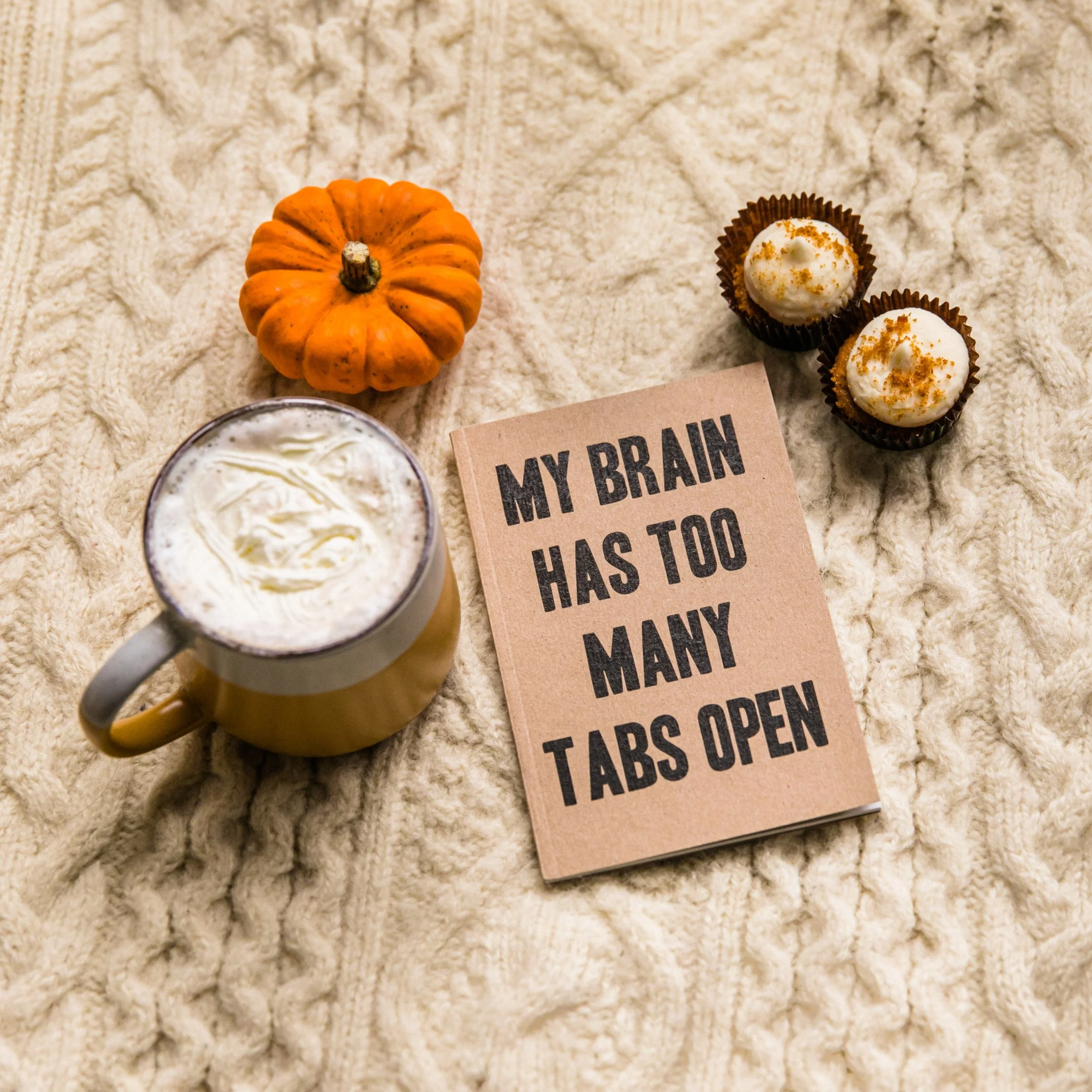ADHD
ADHD Treatment for Adults
According to the National Institute for Mental Health:
Attention-deficit/hyperactivity disorder (ADHD) is marked by an ongoing pattern of inattention and/or hyperactivity-impulsivity that interferes with functioning or development. People with ADHD experience an ongoing pattern of the following types of symptoms:
Inattention means a person may have difficulty staying on task, sustaining focus, and staying organized, and these problems are not due to defiance or lack of comprehension.
Hyperactivity means a person may seem to move about constantly, including in situations when it is not appropriate, or excessively fidgets, taps, or talks. In adults, hyperactivity may mean extreme restlessness or talking too much.
Impulsivity means a person may act without thinking or have difficulty with self-control. Impulsivity could also include a desire for immediate rewards or the inability to delay gratification. An impulsive person may interrupt others or make important decisions without considering long-term consequences.
Contrary to previously held beliefs about the diagnosis, people simply don’t “grow out of it” and it does not necessarily “get better with time.”
In fact many symptoms might get significantly worse, and many people develop maladaptive and/or detrimental coping mechanisms as a way to function, especially for those who have gone undiagnosed until adulthood.
While therapy itself cannot change the underlying cause of ADHD, psychological interventions, especially when coupled with medication, have been shown to help individuals with ADHD and their family manage symptoms and improve everyday functioning.
Additionally, psychotherapy can be effective for treating symptoms of anxiety, depression, and/or trauma that may occur along with ADHD.
Our approach to working with ADHD includes identifying your uniques needs, with specific focus on which areas of executive functioning that you struggle with, and tailoring behavioral interventions to assist your with daily functioning. Additionally, we can help to improve self-esteem and self-confidence, and help you explore if medication might be the right decision for you, providing referrals to well trusted prescribing psychiatrists and psychiatric nurse practitioners if needed.
